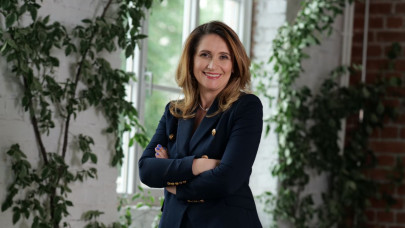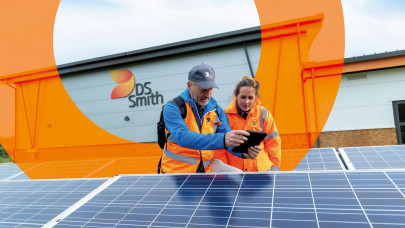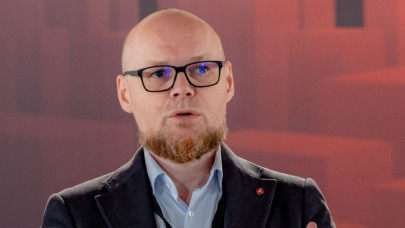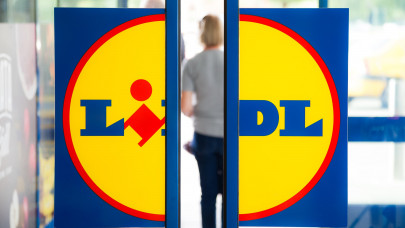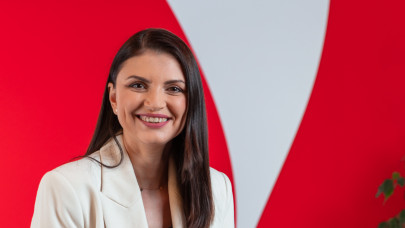The study, launched ahead of the Climate Change Summit 2025 in Bucharest, shows that for most entrepreneurs, sustainability remains primarily an economic decision—assessed through costs and short-term returns rather than as a long-term transformation strategy.
“Sustainability is still too often perceived as a cost or an obligation rather than an opportunity. We believe it's time to change this view: sustainability means resilience and efficiency, not just compliance,” said Anca Nuțiu, Executive Director Retail, BRD Groupe Société Générale. “As a bank, we want to open a real conversation with companies and demonstrate through concrete solutions that investments in sustainability can generate savings, reduce risks and create long-term competitive advantage.”
Cost: the main motivator and the biggest obstacle
For 51% of respondents, reducing operational costs is the main reason to integrate sustainability principles, but the same percentage cite “high implementation costs” as the biggest barrier. 39% identify limited access to financing as another major obstacle, while 53% point to a lack of internal resources to manage the transition.
Pragmatism over reputation
Entrepreneurs are motivated mainly by efficiency (51%) and regulatory preparedness (28%), rather than brand reputation (15%) or differentiation (20%). Personal values (25%) and client loyalty (24%) rank lower among the driving factors.
Perceptions shaped by costs and market readiness
Half of entrepreneurs believe sustainable products “don't sell because they're too expensive for consumers.” Similarly, 50% say sustainability certificates are “too costly and bring little real benefit.” The report also reveals that 49% consider green financing tools designed only for large companies, indicating a perceived inequality in access to funding—especially among younger and local firms.
Sustainability awareness still shallow
While 78% of respondents say they are familiar with the concept of sustainability, only 24% know the difference between sustainability and ESG. Younger companies tend to be more connected to global compliance language, while older ones equate sustainability with regulation.
Different speeds of adoption
Younger firms associate sustainability with competitive advantage, focusing on cost reduction (54%), innovation (27%) and attracting investment (24%). Mature businesses focus more on compliance (28%) and perceive fewer barriers.
Despite differing perspectives, 63% of entrepreneurs believe sustainability will become mandatory for all Romanian businesses within the next decade.
Methodology
The research was conducted by BRD Groupe Société Générale in October 2025 among 150 entrepreneurs and representatives of micro and small-to-medium enterprises. Data were collected via an online survey, reflecting variations by company size, location, turnover and sector.


